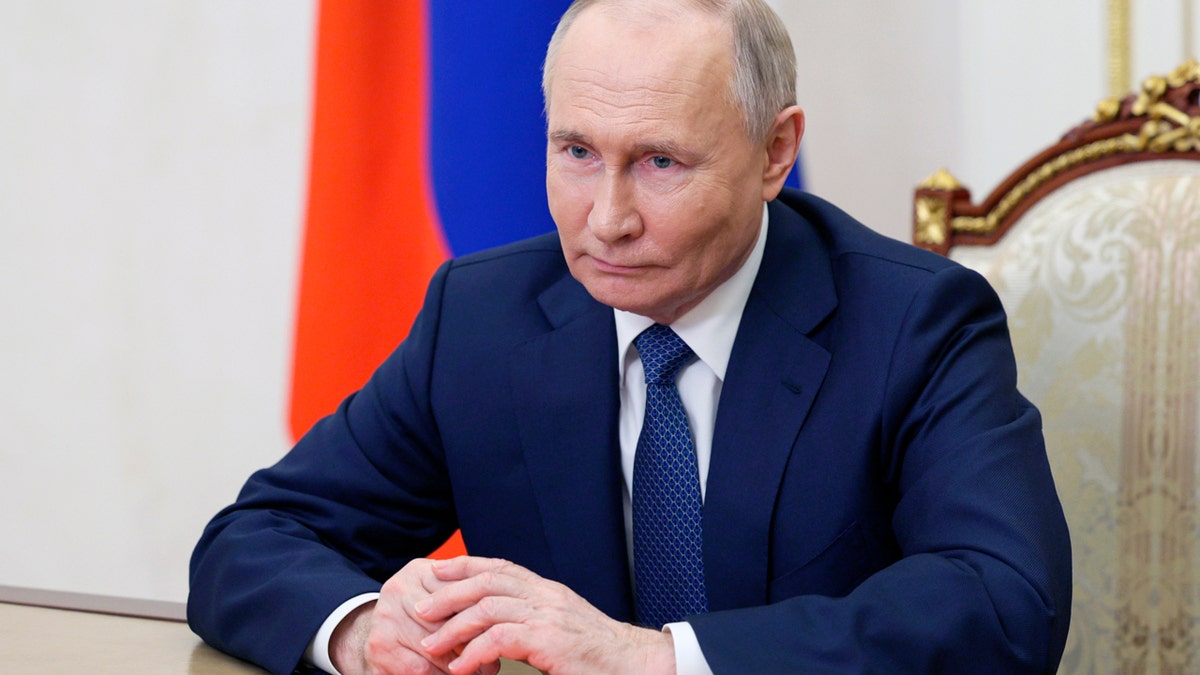Articles in this Cluster
29-04-2025
Russian President Vladimir Putin has announced a three-day unilateral ceasefire from May 8 to 10 to mark the 80th anniversary of the end of World War Two, citing "humanitarian" considerations. Ukraine has questioned the sincerity of the move, asking why Russia cannot commit to a ceasefire immediately and calling for one to last at least 30 days. The announcement has been met with skepticism, with critics viewing it as a public relations exercise to portray Russia as the peacemaker and Ukraine as the aggressor. The US has also expressed doubts, with White House press secretary Karoline Leavitt stating that President Joe Biden wants to see a permanent ceasefire, not a temporary one.
29-04-2025
North Korea has confirmed it sent troops to fight for Russia in the Ukraine war, with its military claiming they helped Russian forces "completely liberate" the Kursk border region. The announcement comes days after Russian Chief of Staff Valery Gerasimov praised the "heroism" of North Korean troops. South Korean and Western intelligence had previously reported that Pyongyang dispatched thousands of troops to Kursk last year, with Western officials estimating that at least 1,000 of the 11,000 troops sent had been killed. The US has responded by saying North Korea must now bear responsibility for perpetuating the war.
29-04-2025
Russian President Vladimir Putin has declared a unilateral three-day ceasefire in the war with Ukraine from May 8-10, coinciding with Moscow's World War II Victory Day commemorations. Ukraine quickly accused Putin's forces of violating the last ceasefire declared on Easter Sunday, citing 59 instances of Russian shelling and five attacks along the front line. The Kremlin said Ukraine should follow Russia's example and that any Ukrainian violations would be met with an "adequate and effective response." The declaration comes amid pressure from the Trump administration on both Kyiv and Moscow to strike a deal to end the fighting, with Vice President JD Vance warning that the US would end its efforts if a deal is not reached. Russian Foreign Minister Sergey Lavrov said the Kremlin is "ready to reach a deal" with the US, but details remain unclear.
29-04-2025
Donald Trump's promise to end the Ukraine-Russia war on "day one" of his second presidency has proven challenging to fulfill, with the conflict persisting after 100 days in office. Trump has since downplayed his initial comment, saying it was an exaggeration made in jest. The US has been engaged in talks with both Ukraine and Russia to broker a ceasefire, but progress has been limited. US Secretary of State Marco Rubio described the coming week as "very critical" in determining the US's continued involvement in the negotiations. Russia and Ukraine continue to accuse each other of sabotaging a ceasefire deal, and Ukraine's hopes for restoring its pre-war territorial sovereignty have been complicated by the US appearing to side with Russia on territorial concessions. While both sides have expressed willingness to negotiate, analysts remain skeptical about the prospects for a peace deal, citing Russia's advantage in maintaining the status quo and Trump's desire for a Nobel Peace Prize.
29-04-2025
Vladimir Putin has declared a 72-hour ceasefire in Ukraine from May 8 to 10 to mark the 80th anniversary of the Soviet Union's victory over Nazi Germany in World War II. The Kremlin has called on Ukraine to announce a truce of its own, warning that Russia's armed forces will respond if Ukraine violates the ceasefire. Ukraine's foreign minister said his country is "ready to support a lasting, durable and full ceasefire" of at least 30 days, but urged Russia to stop its attacks immediately. The announcement comes as US President Donald Trump met Ukrainian President Volodymyr Zelenskyy at the Vatican and pushed for a peace deal to end the war.
29-04-2025
European leaders are reeling after the first 100 days of Donald Trump's second term as US President, citing unprecedented uncertainty and disruption. The EU faces challenges on two fronts: trade and Russia's war on Ukraine. Trump's policies have imposed tariffs on EU exports, and while a deal is possible, the bloc is bracing for fallout from ongoing trade disputes. The EU is also concerned about US support for Ukraine, with EU foreign policy chief Kaja Kallas expressing hope that the US will remain committed to supporting Ukraine. European Central Bank policymakers warn that trade tensions will likely hurt economic growth, and uncertainty is making it difficult to determine the direction of monetary policy.
29-04-2025
The White House stated that President Donald Trump is willing to impose additional sanctions on Russia, including secondary tariffs on oil, to pressure Russian President Vladimir Putin into peace talks with Ukraine. White House deputy chief of staff James Blair said Trump is frustrated with both sides but is particularly displeased with Russia's recent attacks on civilian areas, and is considering "whatever it takes" to bring Putin to the negotiating table. Blair cited a statement from Trump indicating he will not be "strung along" by Putin and is prepared to increase sanctions if necessary.
